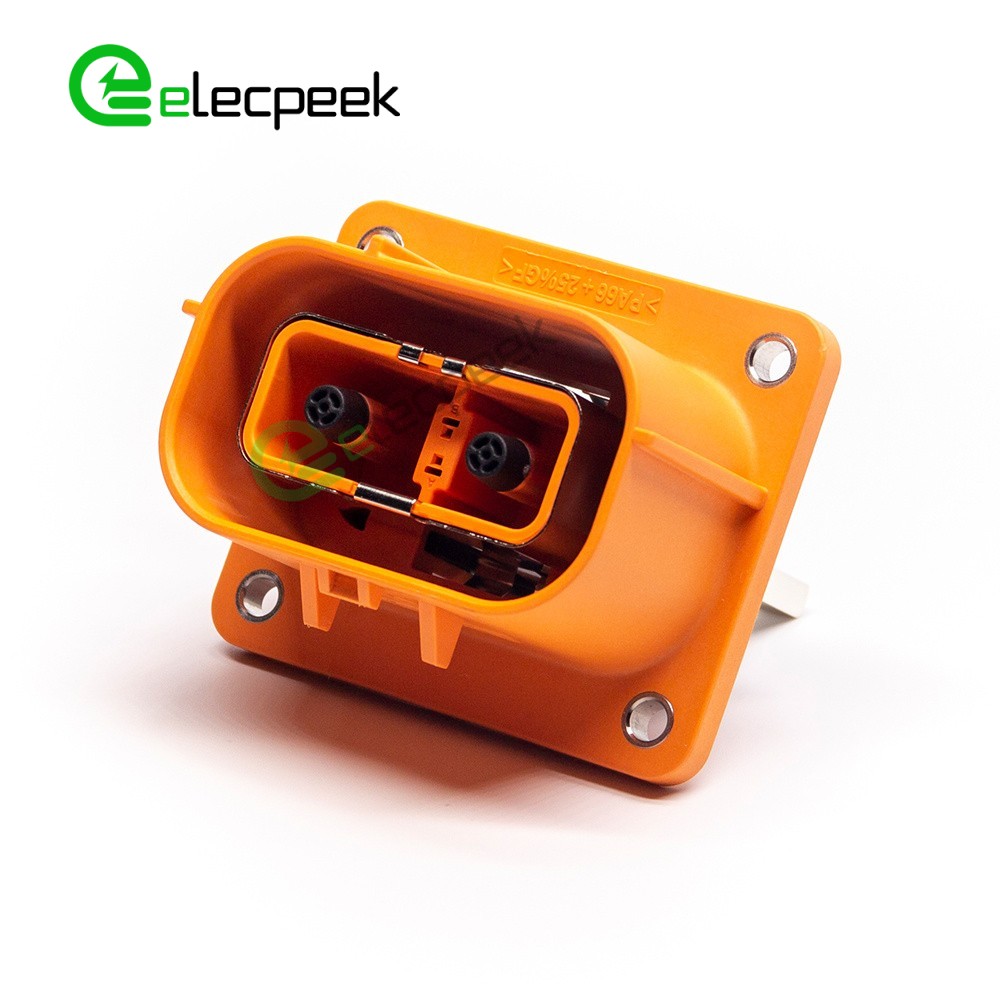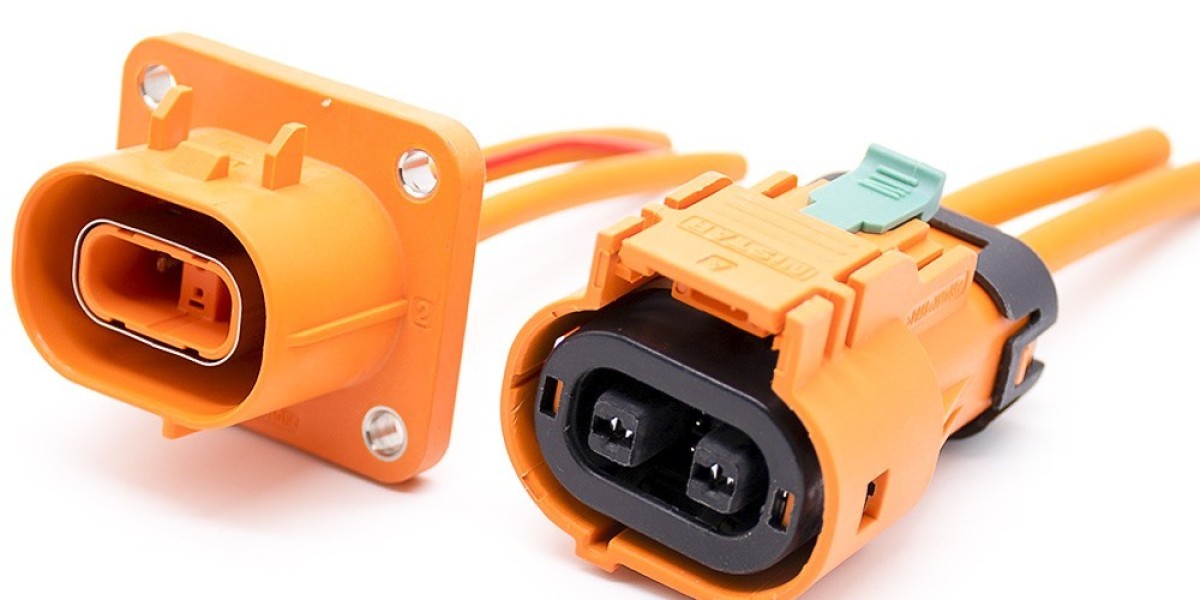Electric vehicles (EVs) are becoming increasingly popular as more people adopt sustainable transportation options. However, with the growing demand for EVs, there is also an increasing need for improved safety measures, particularly when it comes to high-voltage systems. High-voltage interlock (HVIL) connectors are crucial components in ensuring the safety and reliability of EVs.

HVIL connectors are designed to handle the high-voltage and high-current loads present in EVs. These connectors are typically rated for hundreds to thousands of volts and are capable of carrying large amounts of current. They are also built to be durable, resistant to heat, and other environmental factors.
The key function of HVIL connectors is to prevent accidental contact with high-voltage systems. They accomplish this through a variety of methods, including physical barriers, insulating materials, and interlocking mechanisms. For instance, HVIL connectors are designed with a locking mechanism that prevents the connector from being disconnected while the high-voltage system is energized.
There are several types of HVIL connectors available, each with its own advantages and disadvantages. For example, some connectors are designed for high-vibration environments, while others are more suited to high-temperature applications. It is crucial to choose the right HVIL connector for your particular application to ensure reliable and safe operation.
The market for HVIL connectors is growing along with the EV market. According to a recent report by MarketsandMarkets, the global EV connector market is expected to grow from USD 1.5 billion in 2020 to USD 3.7 billion by 2025, with HVIL connectors playing a critical role in this growth. As EV technology continues to advance, we can expect to see even more advanced HVIL connector systems that further improve the safety and reliability of these vehicles.
In conclusion, HVIL connectors are crucial safety components in EVs, ensuring the safe and reliable operation of high-voltage systems. They play a critical role in preventing accidental contact with high-voltage systems and ensuring the safety of passengers and maintenance personnel. As the EV market continues to grow, the demand for HVIL connectors will also continue to rise, making them a vital part of the EV industry's future.








